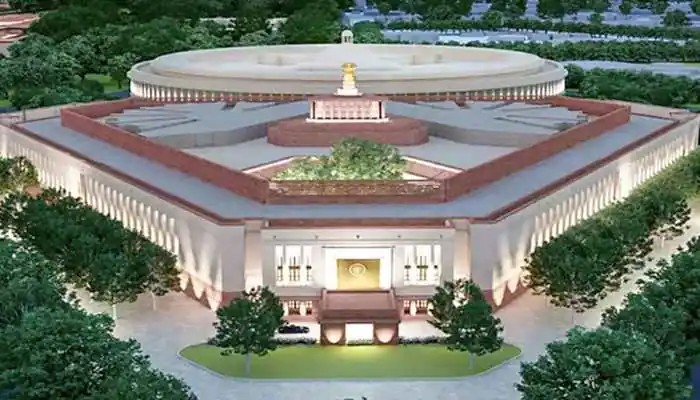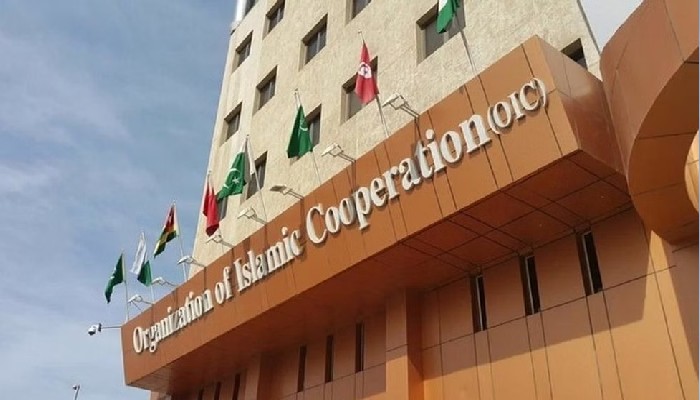Pakistan is losing its grip on Jammu and Kashmir even as every government there blames its predecessor for failing to act meaningfully on the issue
On August 5, 2022, the third anniversary of the scrapping of Article 370, a black day in Pakistan, also termed as Youm-e-Istehsal Kashmir (Day of Exploitation), its Prime Minister, Shehbaz Sharif tweeted:“The J&K dispute has been a battle of hope against overwhelming odds, of courage against fear and of sacrifice against tyranny.”
Every other Pakistan entity commented similarly on social media. In Islamabad, Pakistan politicians led a rally to offer support to the Kashmiri cause, while in the valley, life was normal with public marching in groups with Indian flags, displaying solidarity and support to the abrogation of article 370. For Pakistan, everything begins and ends with Kashmir, though they remain aware that even in Kashmir, calls to join Pakistan are receding.
In 2016, addressing the Pakistan Day parade, President Mamnoon Hussain stated that Kashmir is “Pakistan’s jugular vein.” Earlier in 2014, the Pakistan Army Chief, Raheel Sharif used the same term while addressing the Youm-e-Shuhada' (Martyrs' Day) event.
In his address on Pakistan’s defence and martyrs day in September 2019, Imran Khan stated, “For Pakistan, Kashmir stands as its jugular vein. Altering its status poses challenges to Pakistan's security and integrity.” Pakistan’s jugular vein dreams were dumped when India changed the status of J&K and bifurcated it from a state into two Union Territories by scrapping Article 370.
Pakistan misses the fact that Article 370 was introduced well after the dispute was placed before the UNSC. However, realizing that it had been stumped when Union Home Minister Amit Shah announced its revocation in Parliament, Pakistan acted irrationally, added August 5 amongst its numerous anti-India Black Days, recalled its High Commissioner, stopped trade, and announced no further contact with India until Article 370 is restored.
The current Shehbaz government, weak from the outset, has been unable to reverse the decision fearing political backlash. The only positive Indo-Pak decision has been a ceasefire along the LOC brought about by backchannel talks in February 2021.
Pakistan is aware that it cannot ignore relations with India if it needs to survive. Pakistan Foreign Minister Bilawal Bhutto Zardari was correct when he said, “India is our neighbouring country. While one can decide on a lot of things, one cannot choose its neighbours, therefore, we should get used to living with them.”
While officially Pakistan has banned trade, however, trade continues, though not enough to benefit Pakistan’s depleting economy. Every Pakistan Prime Minister seeks a solution to Kashmir under the UNSC resolution as a precursor to ties, ignoring the fact that the resolution was overridden by the Shimla agreement and Lahore Declaration, which declared the dispute bilateral.
India refuses to even respond to Pakistan’s comments. As Bilawal Bhutto stated, Pakistan is already, “internationally isolated and disengaged.” The fact that Pakistan is losing its grip on Kashmir is hurting it even more. It is aware that it is running out of time. Every government in Pakistan blames its predecessor for losing the Kashmir diplomatic battle.
Though Pakistan Foreign Minister Bilawal and India’s Minister of External Affairs Jaishankar were together in Samarkand for the SCO Foreign Ministers meet at the end of July, there was no communication between them. There is also unlikely to be any interaction between PM Modi and his Pakistani counterpart Shehbaz Sharif when they are both at the same location in September. Pakistan’s rigid stand and refusal to stop sponsorship of terrorism is only hurting it.
India has laid down a simple straightforward condition. Talks, trade and terror cannot go hand in hand. Unless sponsorship of terrorism stops, India is uninterested. For India, Pakistan is a pinprick.
As Pakistan recedes into the background in global matters, India rises. While the world tends to ignore Pakistan, it seeks to engage with India. India is aware that with a poor economy, Pakistan’s words are hollow, and it is alone in its demands on Kashmir, while militarily it lacks capability to be a credible threat. Further Kashmir terrorism has reduced to controllable levels.
DGP J&K, Dilbag Singh stated in a recent press conference that since 2019 more than 690 militants have been eliminated in Kashmir, of which 132 were killed this year alone. Even law and order incidents have dropped over the past three years. They declined from 584 in 2019 to 77 in 2021 to 20 this year. What remains a matter of concern is that numbers joining terrorist groups remains near constant.
By clamping down on hawala transactions, the government was able to stop terror financing. Pakistan is now adopting cryptocurrency and drugs to fund terrorism. Desperate to gain recruits and prevent them from surrendering, terrorist groups task them to commit a crime before inducting them, thus ensuring they are outlaws, who would find surrender difficult. This is being countered.
Aware it is losing the diplomatic war with India; Pakistan is left with no option other than to exploit the Organization of Islamic Cooperation (OIC) to pass resolutions on Kashmir. The OIC’s resolution of August 5 was countered by the India’s Ministry of External Affairs mentioning that its statement on J&K “reeks of bigotry.”
MEA Spokesperson Arindam Bagchi said the OIC “continues to issue statements on J&K at the behest of a serial violator of human rights and notorious promoter of cross-border, regional and international terrorism (Pakistan).” Possibly, the harshest words used by India in recent times.
While the OIC pushed a Pakistan insisted resolution in its foreign ministers meeting in Islamabad in March this year, its member countries sent investment delegations to Srinagar, making its resolution a joke. Pakistan also raises Kashmir in every UN discussion, even if there is no remote connection with it. The Indian permanent representative to the UN in 2019, Syed Akbaruddin, stated, “We will soar when they (Pakistan) stoop low.”
Within Kashmir, local political parties, seeking to gain sympathy and media coverage, occasionally mention talks with Pakistan. There is almost no mention of revoking Article 370. Demands to convert J&K back to a state continue and it would be implemented once elections are held.
Kashmir political parties are aware that by removing Article 370, doors opened for development and introduction of central government schemes, changing the public’s mindset. Hence seeking its reversal would be political suicide.
The only entity crying for reinstating the article and terming August 5 as a black day is Pakistan. No wonder it has lost the diplomatic war on Kashmir.
To rub salt into Pakistan’s wounds, the government must plan one of the G -20 preliminary meetings in Srinagar on August 5, 2023. It would send the strongest global message and shut Pakistan’s bickering once and for all.
***The writer is a security and strategic affairs commentator; views expressed are his own











 Contact Us
Contact Us
 Subscribe
Subscribe
 News Letter
News Letter
 Instagram
Instagram Youtube
Youtube